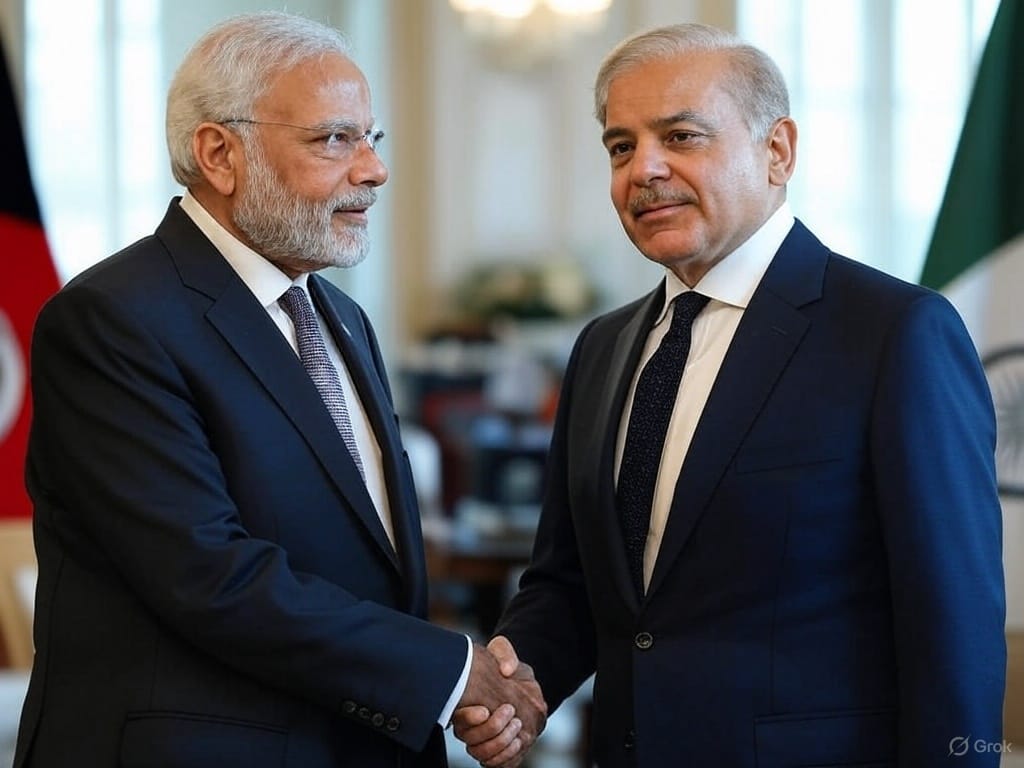- Shortlysts
- Posts
- India and Pakistan Announce Cease Fire After Trading Cross Border Attacks
India and Pakistan Announce Cease Fire After Trading Cross Border Attacks
India and Pakistan agree to U.S. brokered cease fire, but accusations of violations threaten to restart hostilities

What Happened?
India and Pakistan agreed to a U.S. brokered cease fire after trading attacks in the past few days. Though the two nuclear neighbors both agreed to the terms, less than twenty-four hours later India had already accused Pakistan of violating the agreement.
According to India’s Foreign Secretary on Saturday, ‘For the last few hours there have been repeated violations of the understanding arrived at earlier this evening between the directors general of military operations of India and Pakistan.’ Pakistan’s Prime Minister is scheduled to give a speech later this weekend in which he is expected to respond to India’s accusations.
Why it Matters
The quickness with which both India and Pakistan sought a way to de-escalate the recent clashes between them suggests that no one wanted a war. Though no one was able to stop the events that brought the nuclear armed neighbors to the brink of armed conflict.
While the U.S. brokered cease fire is significant, accusations of violations could restart hostilities and nullify the agreement. In some of the areas near the India Pakistan border, militant groups often undertake hostile actions without direct orders from New Delhi or Islamabad. While both India and Pakistan often cultivate relationships with militants near their border, sometimes even giving militant groups weapons and cash, those groups don’t always follow orders.
Sometimes militant groups plan and carry out attacks without approval from either India or Pakistan. At other times, Indian and Pakistani officials give at least a tacit blessing for such plans in advance. Thus far, there is not enough information to determine which was the case for the attack last month that killed twenty-six in Indian controlled Kashmir.
In the past week, the armed forces of India and Pakistan have been carrying out limited attacks against each other. Using a combination of missiles, drones, and aircraft, each side has attacked a handful of targets inside the borders of the other. The number of strikes undertaken were relatively few, suggesting neither side wanted to risk escalating things into a full-blown war.
Both the Indian and Pakistani governments are complex institutions filled with differing factions and sub-groups. Some of these sub-groups prefer negotiations to settle differences, but others favor a hard line, military first approach. The internal disagreement within the national governments helps explain why their actions are often inconsistent. Hard line factions sometimes plot attacks in secret without the knowledge of the full administration.
How it Affects You
Because both India and Pakistan are nuclear powers, any conflict between them is potentially dangerous. While the potential for escalation remains, it is possible both sides will now assess that they’ve gained a measure of vengeance against the other and that the risk of a major war outweighs any further desire for revenge.